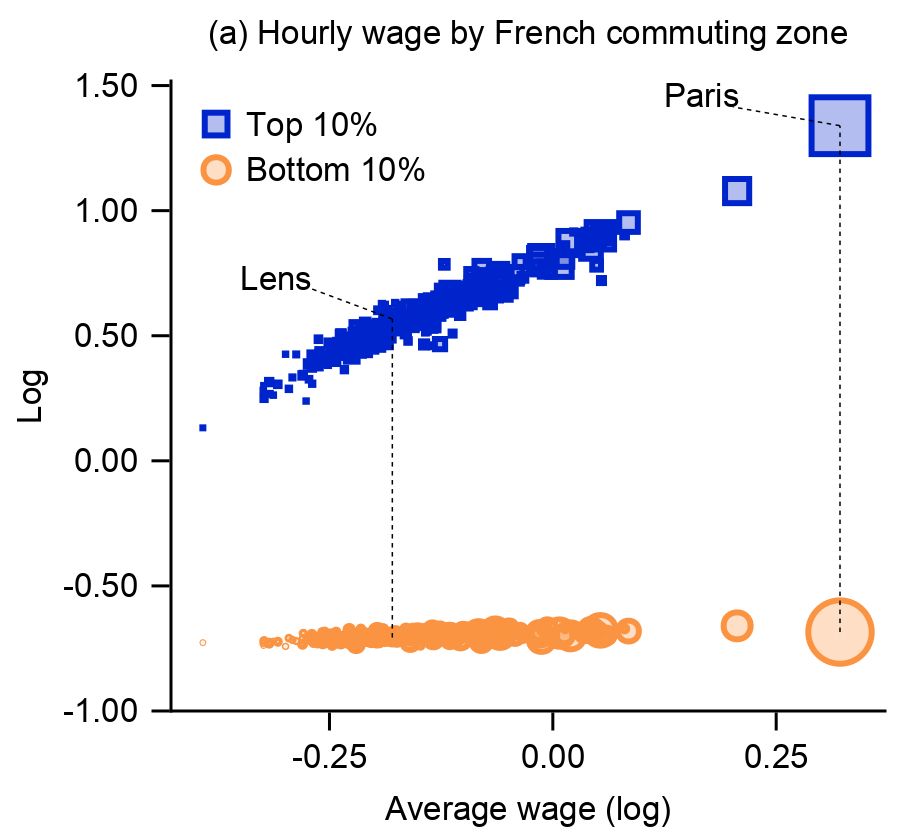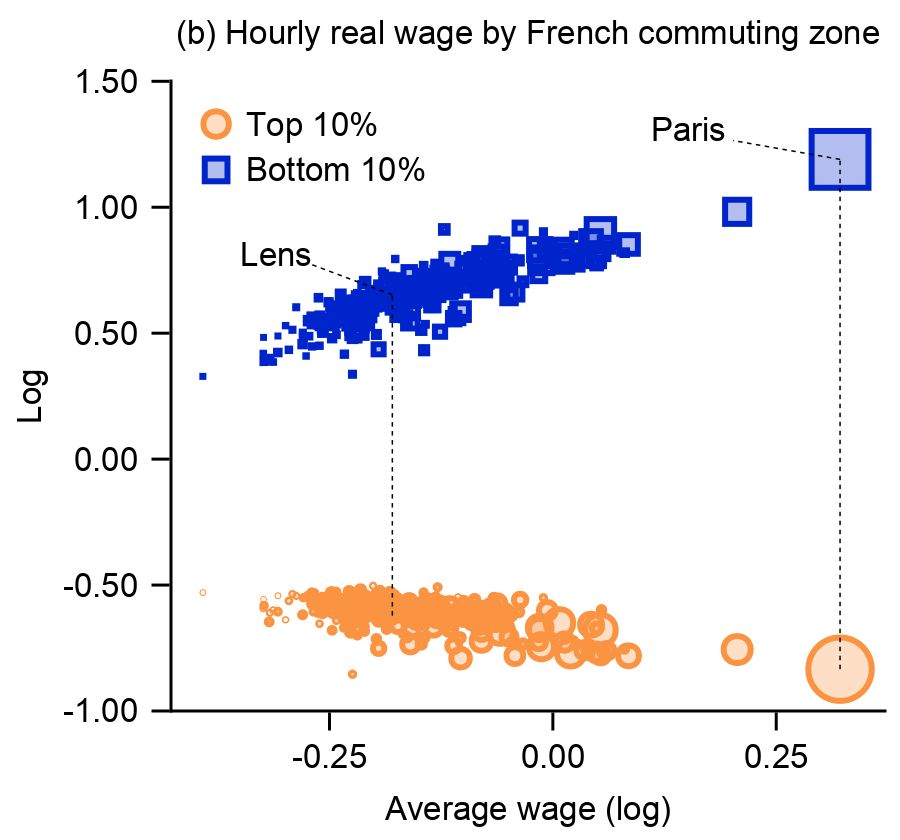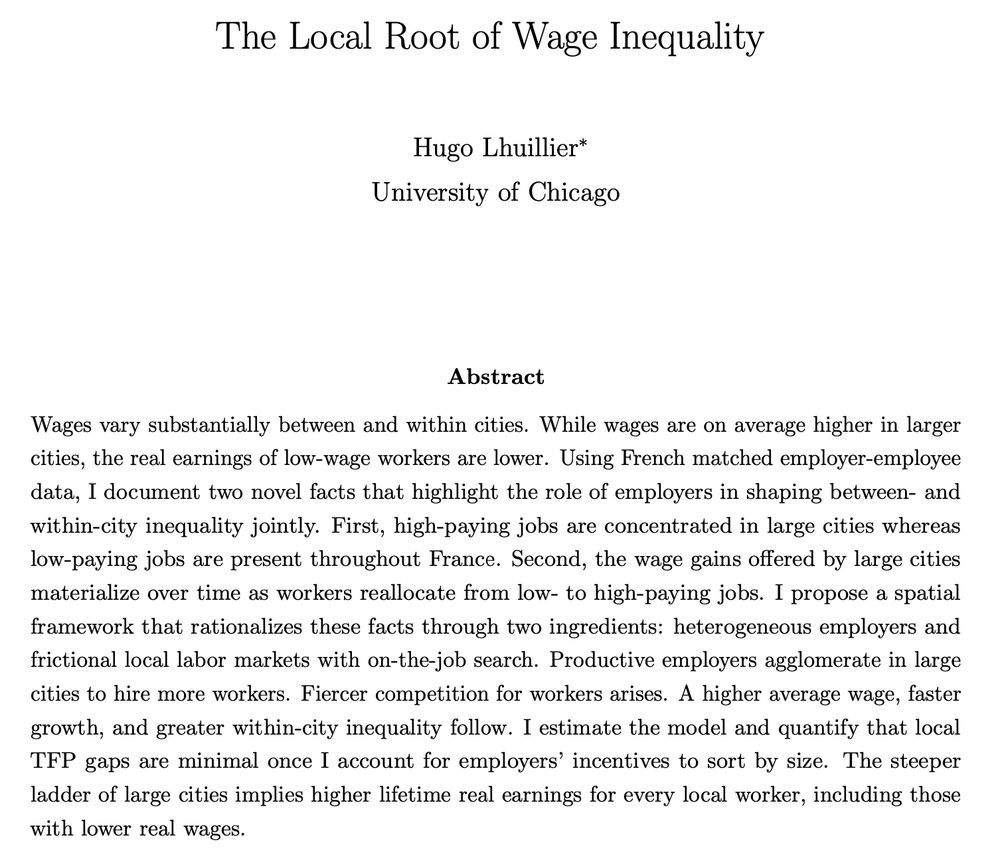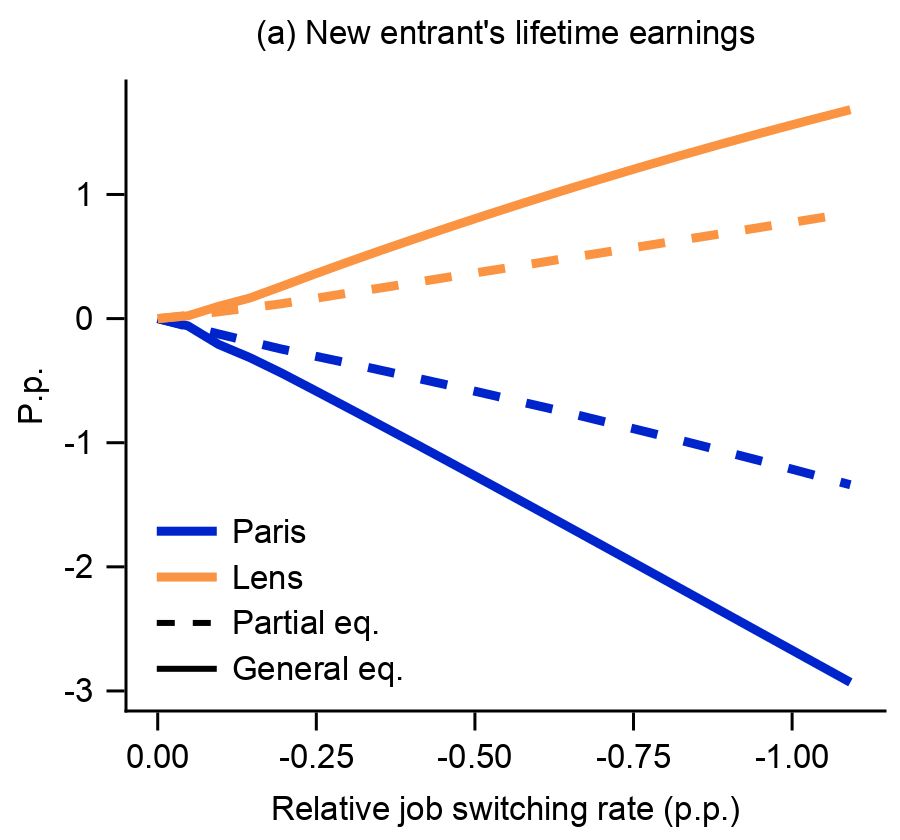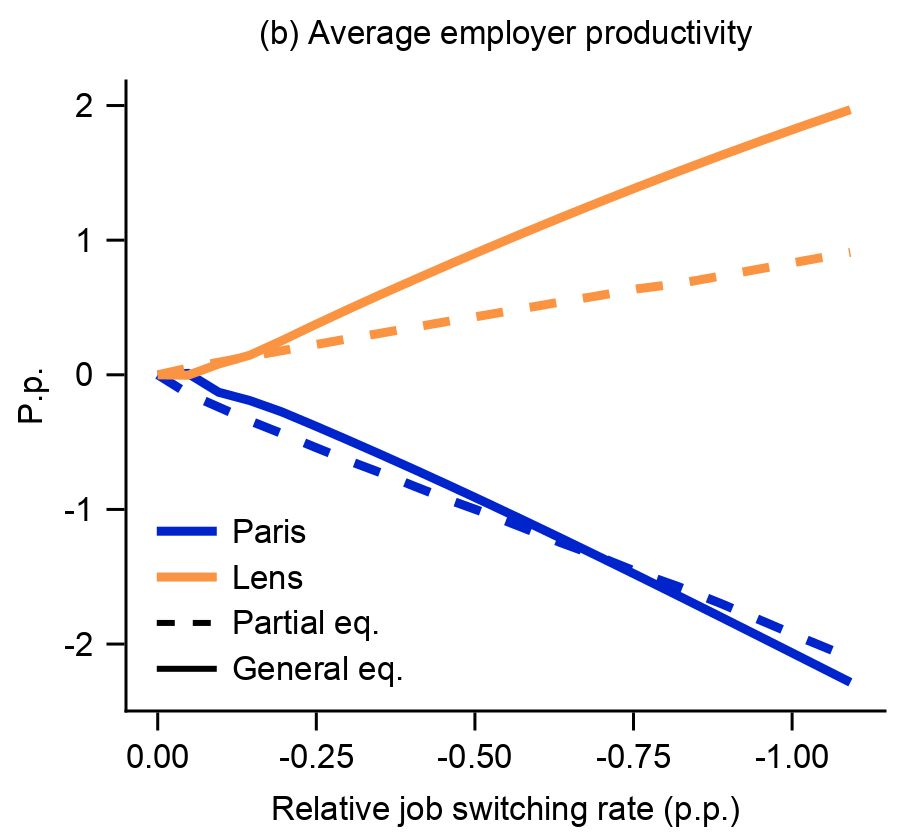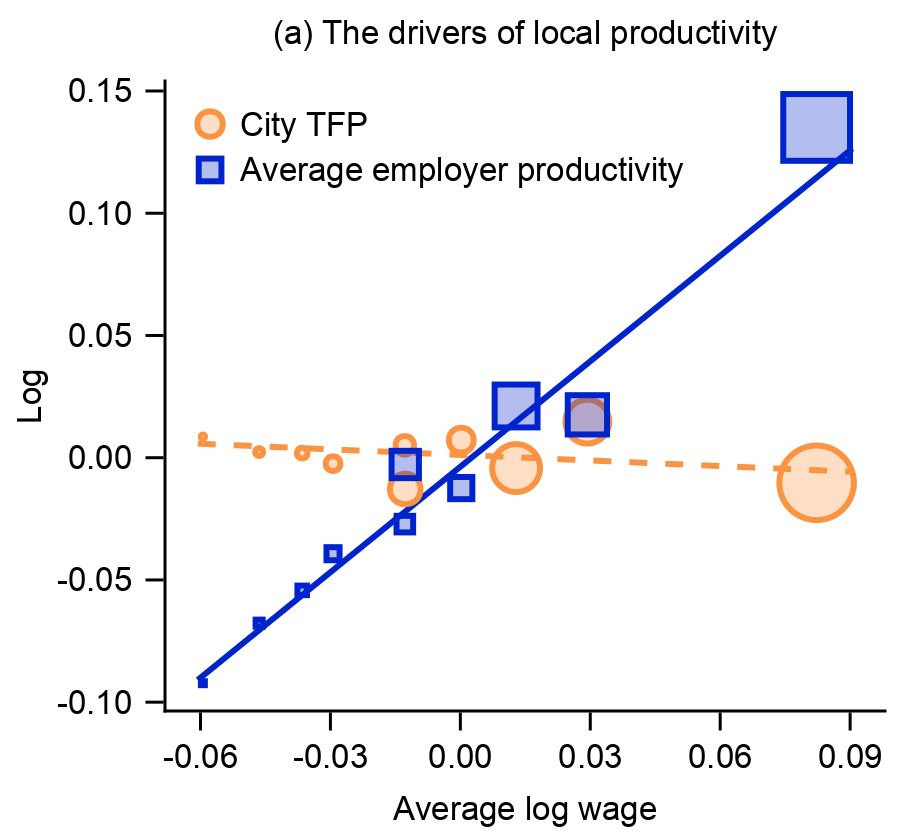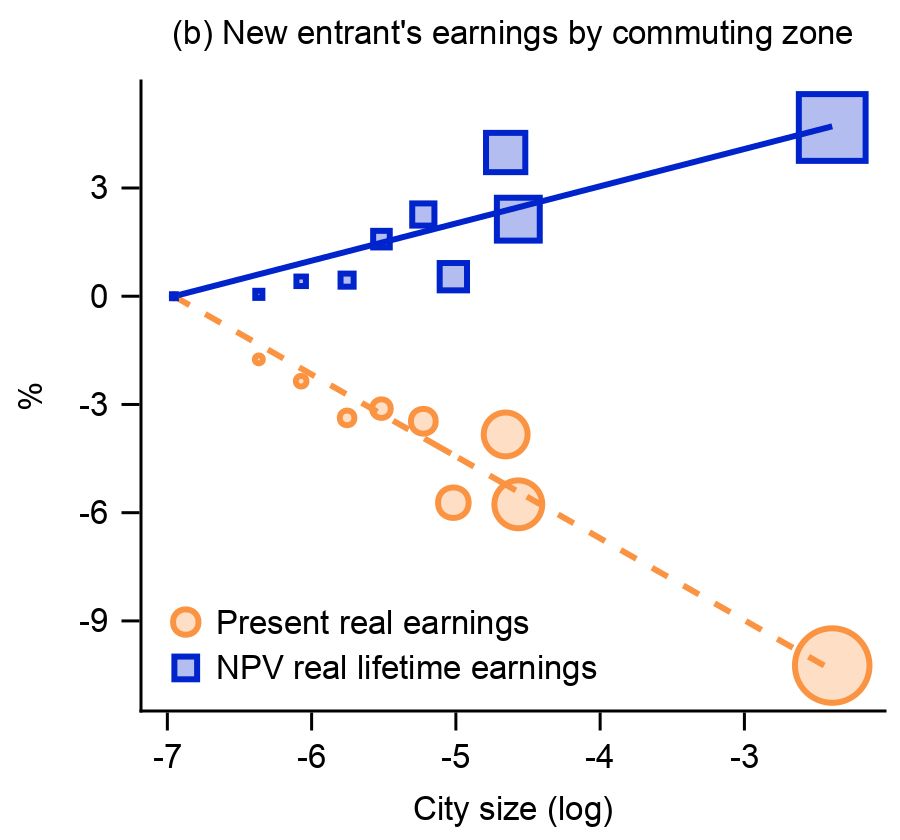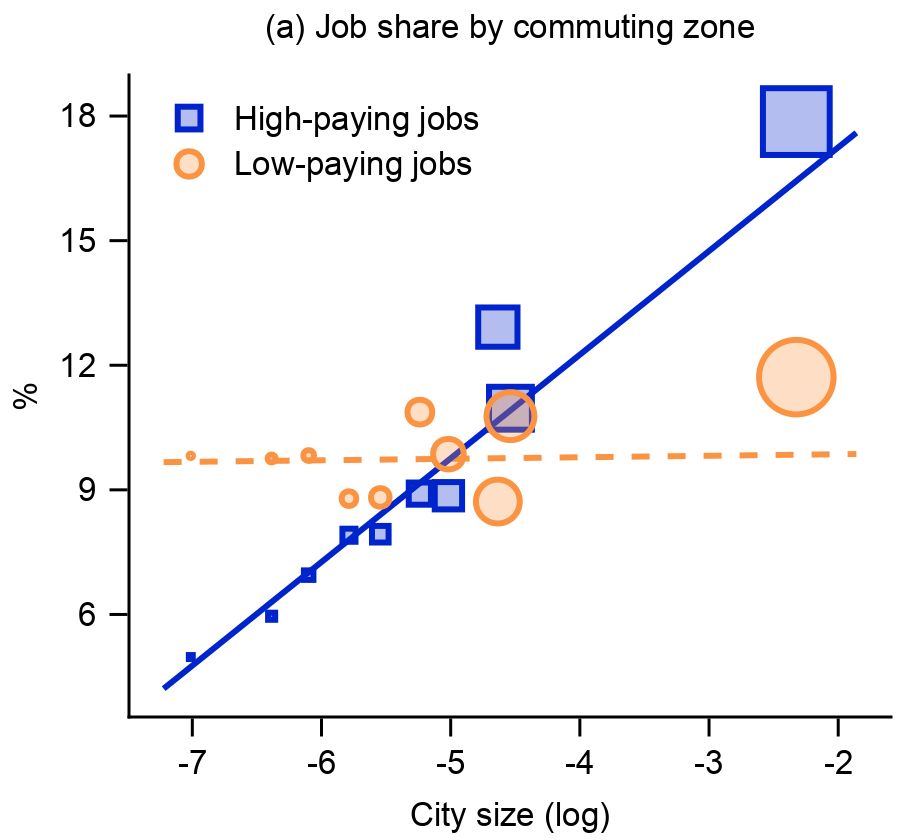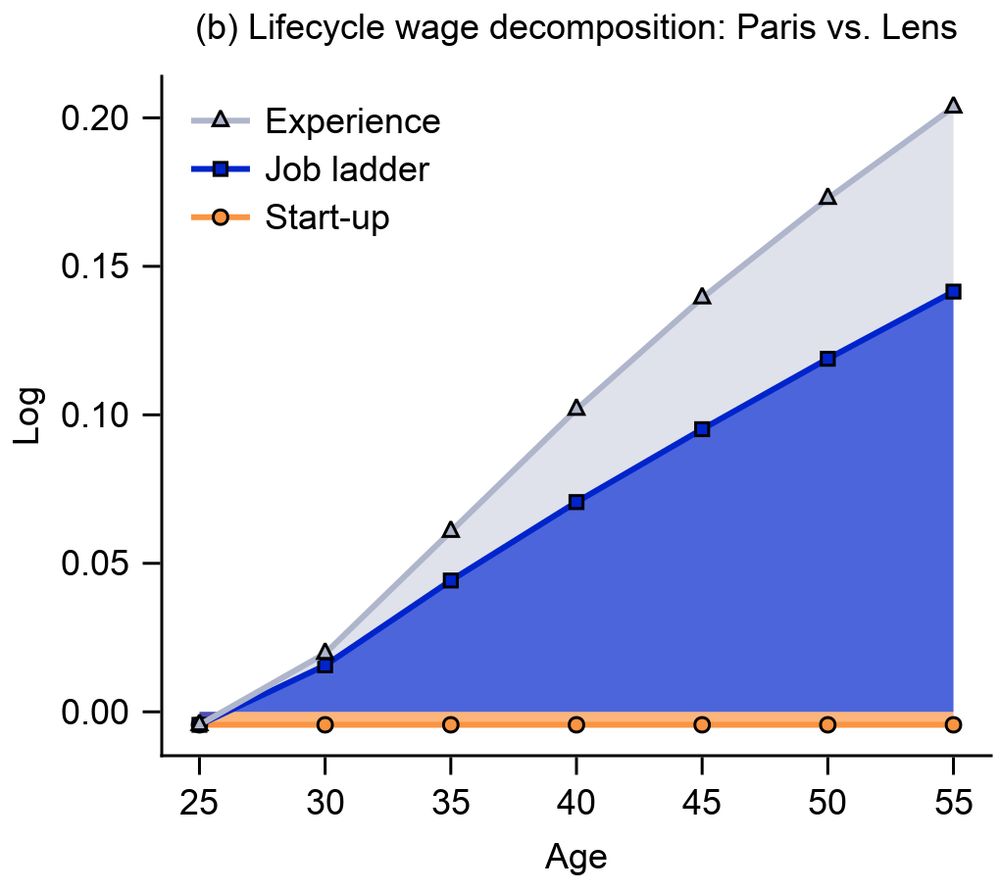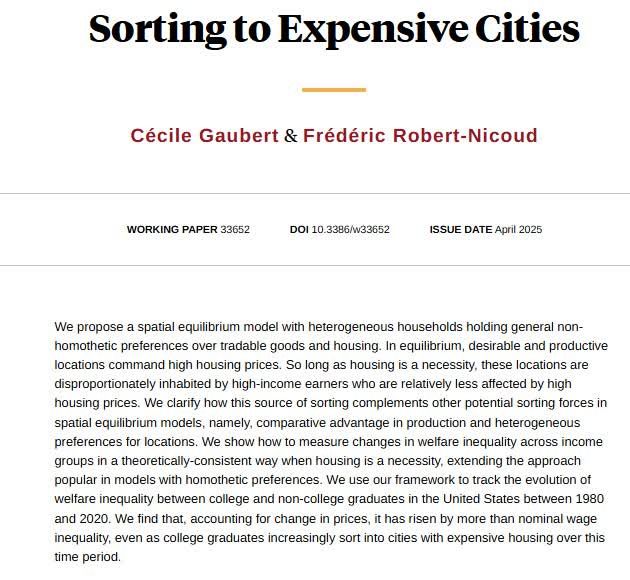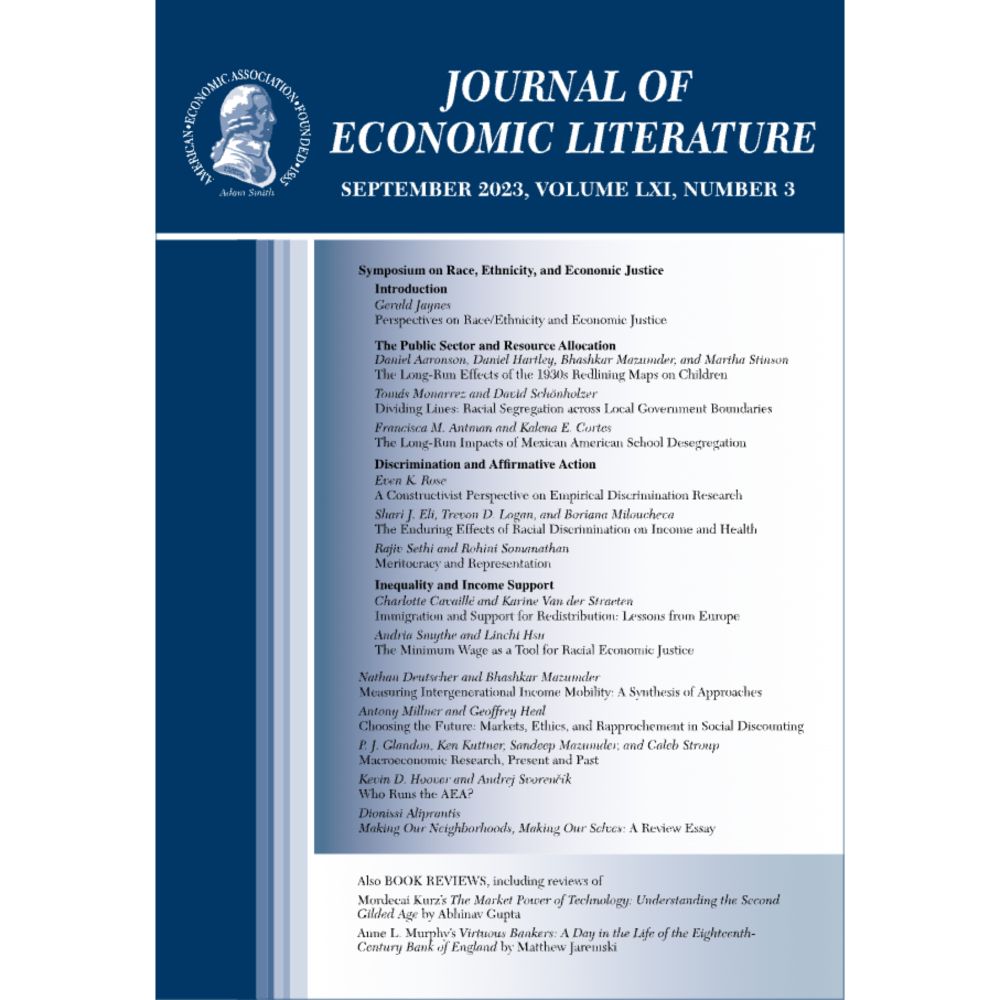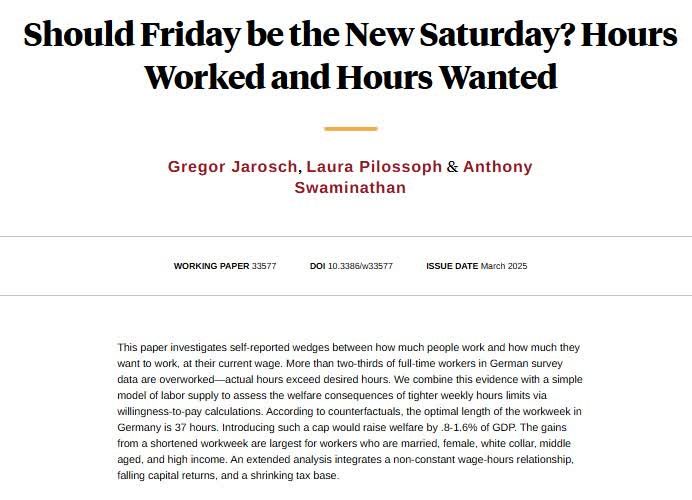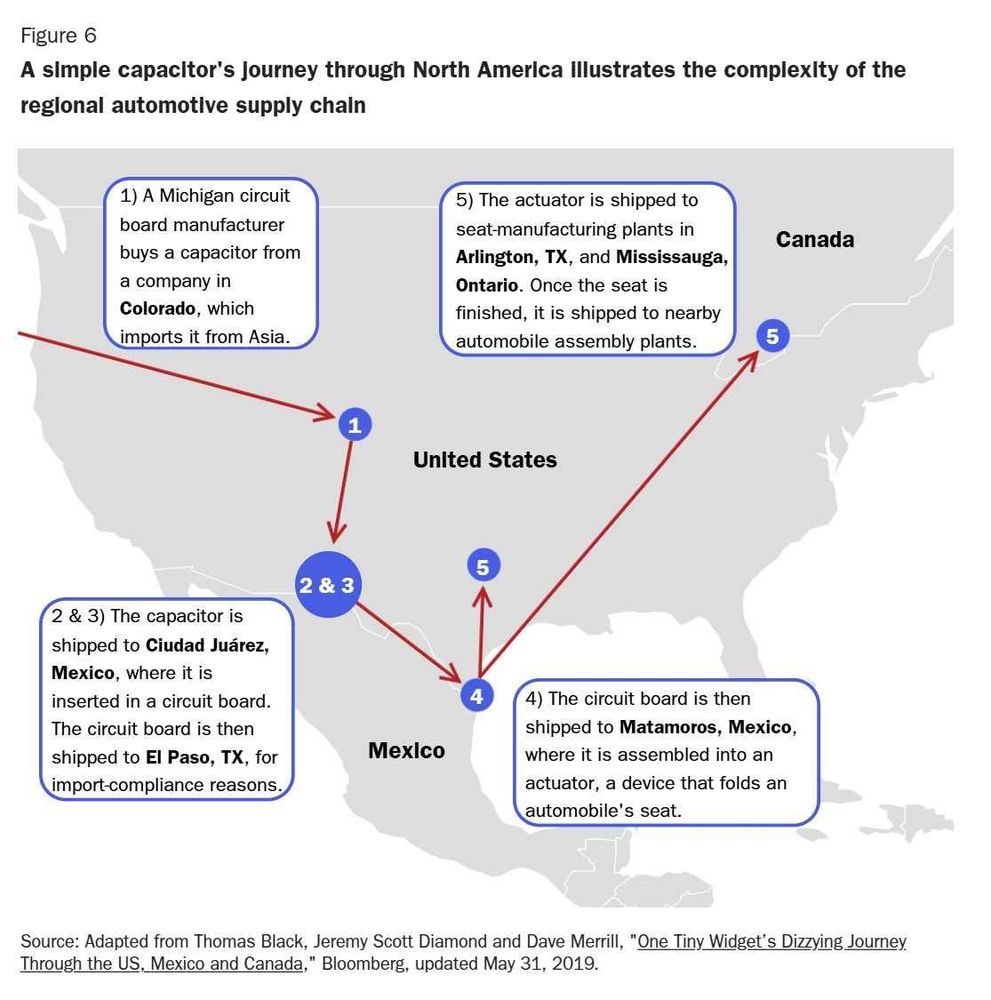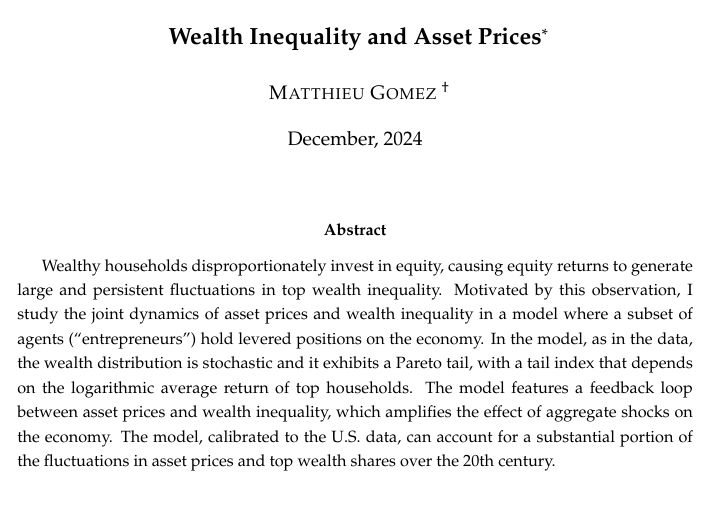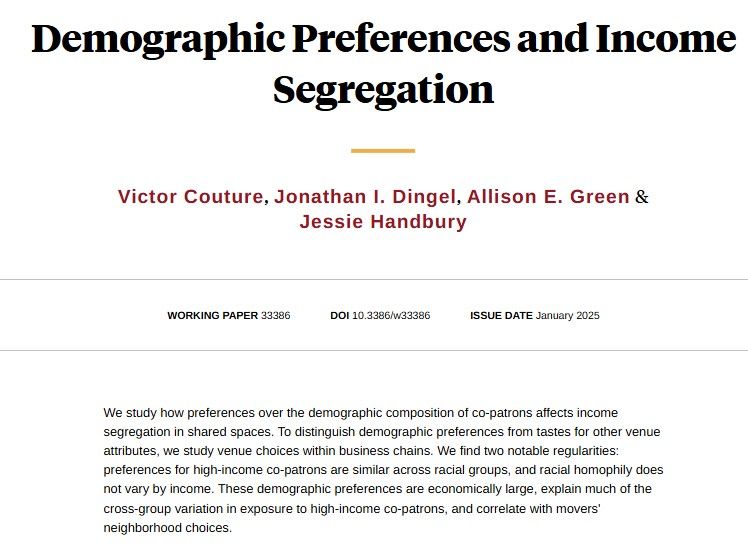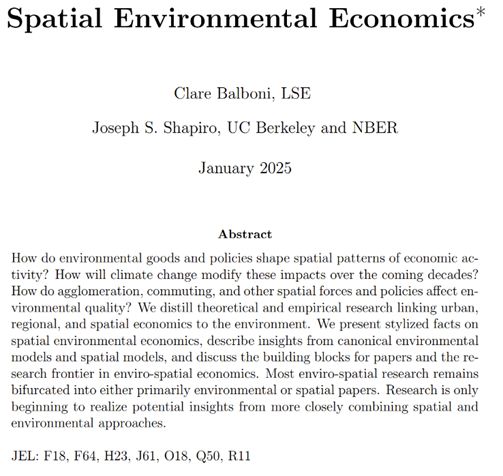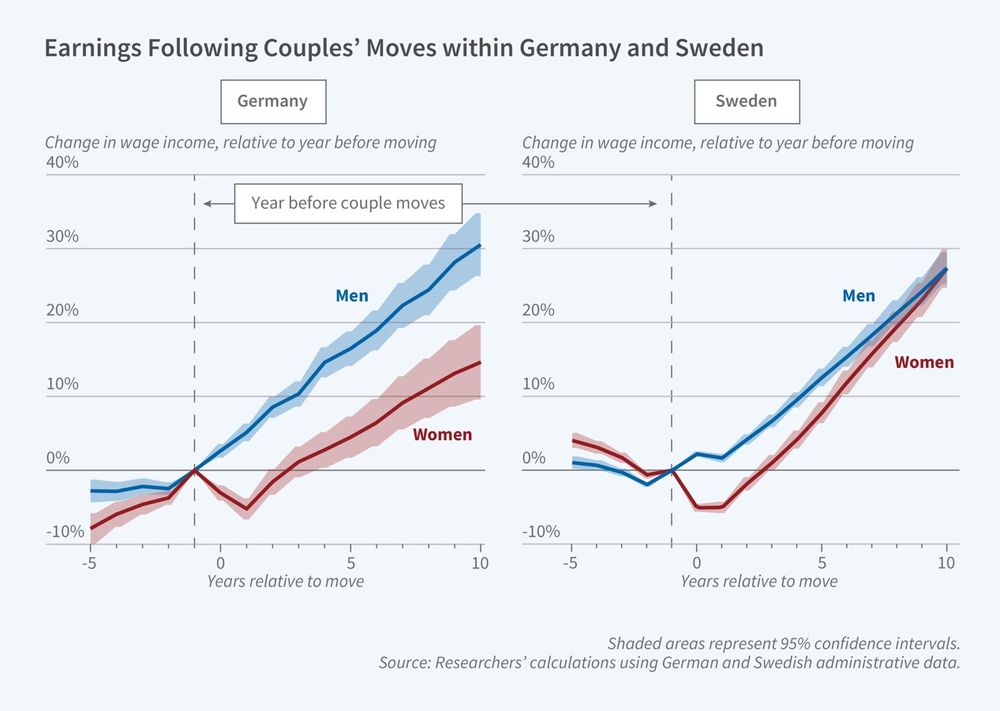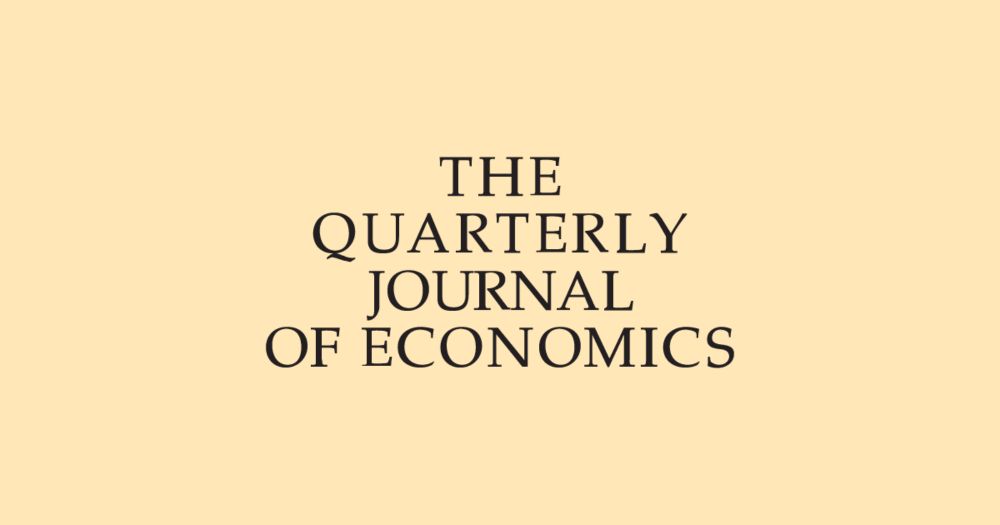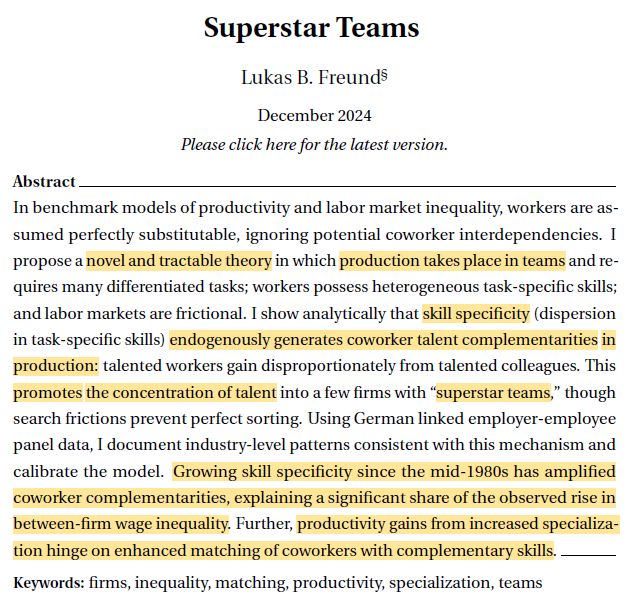Hugo Lhuillier
@hugolhuillier.com
1.4K followers
240 following
9 posts
Economist / Assistant Professor at Columbia University.
Works on macro, spatial, trade, and labor.
https://www.hugolhuillier.com/
Posts
Media
Videos
Starter Packs
Pinned
Hugo Lhuillier
@hugolhuillier.com
· Jun 6
Hugo Lhuillier
@hugolhuillier.com
· Jun 6
Reposted by Hugo Lhuillier
Reposted by Hugo Lhuillier
AEA Journals
@aeajournals.bsky.social
· Mar 12
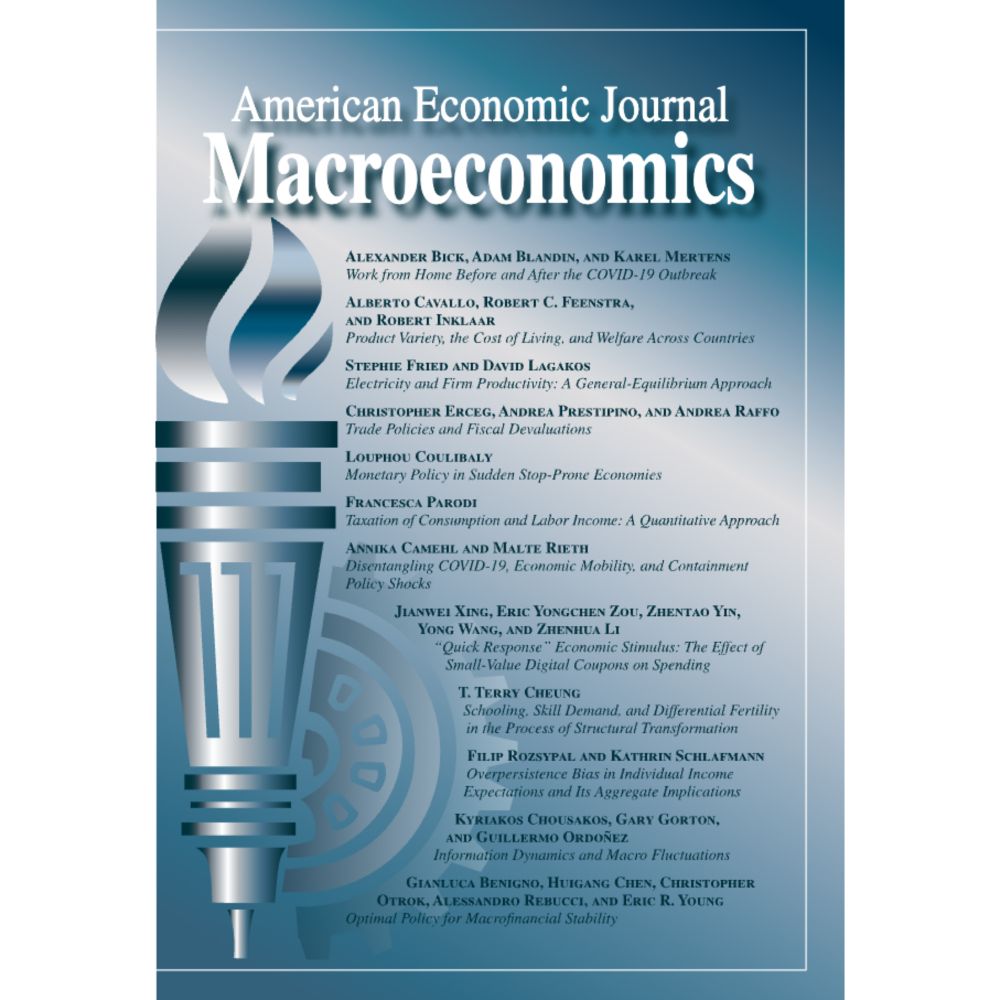
Cognitive Hubs and Spatial Redistribution
(Forthcoming Article) - In the US, cognitive non-routine (CNR) occupations are disproportionately and increasingly
represented in large cities. To study the allocation of workers across cities, we pro...
www.aeaweb.org
Reposted by Hugo Lhuillier
Reposted by Hugo Lhuillier
Reposted by Hugo Lhuillier
Reposted by Hugo Lhuillier
Reposted by Hugo Lhuillier
Reposted by Hugo Lhuillier
Reposted by Hugo Lhuillier
Reposted by Hugo Lhuillier
Reposted by Hugo Lhuillier
Pol Antras
@pantras.bsky.social
· Dec 11
Reposted by Hugo Lhuillier

